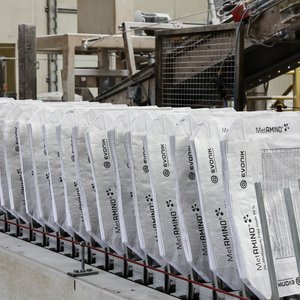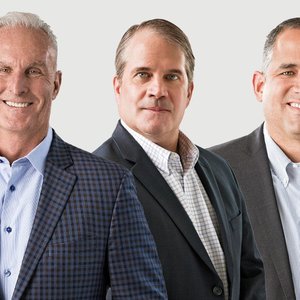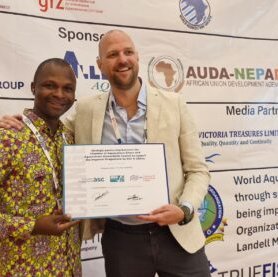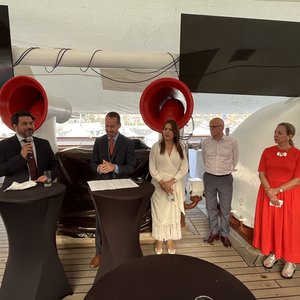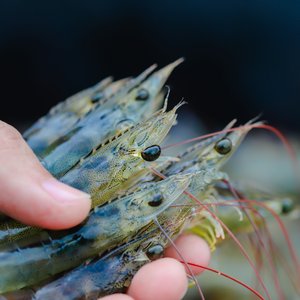Experts, resource managers and policy-makers from around the world are gathering in Trondheim, Norway, to assess the state of the global aquaculture sector and make recommendations for its future development.
Over 100 delegates from some 50 different countries are participating in the second meeting of the FAO Sub-Committee on Aquaculture, which runs through 11 August 2003.
Aquaculture is growing faster than any other animal-based food sector, including traditional open-water capture fisheries.
"The ultimate objective of the Sub-Committee is to ensure that this important sector is developed in a sustainable, responsible, and equitable manner, resulting a product that is nutritious, affordable, acceptable, safe to eat and accessible to all sectors of society," said Serge Garcia, director of FAO's Fisheries Resources Division, at the meeting's opening ceremony.
Issues of concern
As international concern with over fishing of marine and freshwater resources mounts, greater attention is being paid to aquaculture's potential to relieve pressure on wild fish stocks and meet the food needs of the world's growing population. At the same time, however, international debates regarding negative environmental, social and economic impacts of certain kinds of aquaculture practices have also picked up.
Specific issues of concern include loss of natural habitats, the use of antibiotics and fish-meal, invasion of local ecosystems by non-native species, inclusion of genetically modified soybean products in fish feed and questions related to whether communities in some countries are receiving a fair share of aquaculture profits.
In light of these concerns, FAO is working with countries around the globe through events like the Trondheim gathering in order to foster international cooperation in charting out a sustainable, responsible and equitable future course for the world's aquaculture sector.
Best practices
The Trondheim agenda includes a discussion on the implementation of "best practices" within the sector and talks on creating better systems for recording statistics and promoting information-sharing, and technology exchange.
Also slated is a discussion of international strategies for improving the safety and quality of aquaculture products.
Through these talks, FAO and its partners on the Sub-Committee are seeking to promote wider use of responsible and sustainable aquaculture as a tool in the fight against hunger and poverty, said Rohana Subasinghe, a senior FAO Fisheries Resources Officer and Secretary of the Sub-Committee.
"The potential contribution of aquaculture to rural development, food security, hunger eradication, poverty reduction and national economic development is enormous," he added.
FAO established the Sub-committee on Aquaculture in 2001 to inform its work on fisheries and to promote international discussions on the future development of aquaculture. Its membership is comprised of delegates from FAO member countries.
This year's session is sponsored by the government of Norway.



